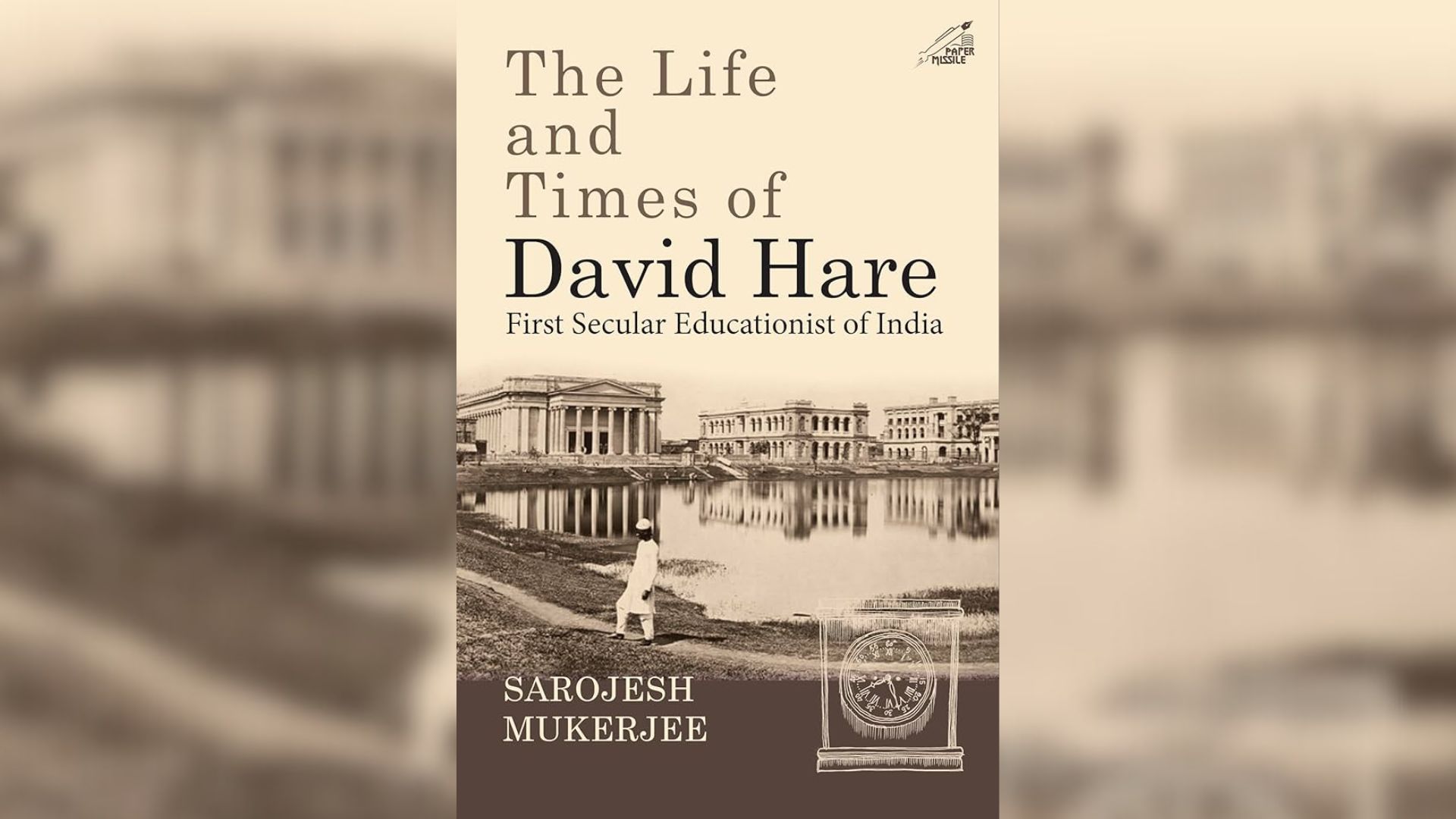A very large number of the British who came to India were the Scots. Like India, Scotland was a subjugated nation whose economic condition at the time was much worse than England’s. Consequently, Scotsmen had a greater incentive than Englishmen to try their luck in India. Therefore, a disproportionately high number of the EIC’s employees were from Scotland. In the decade after 1774, for example, fifty per cent of the East India Company’s clerks were Scotsmen. Scottish people in British India helped steer missionary, scientific and governance activities as well.
Some examples of notable Scotsmen in India will serve to show the extent of Scottish influence in British India. The earliest three presidents of the Indian National Congress were Scotsmen. These men believed in the greater representation of Indians in its own governance and included its founder, Sir Allan Octavian Hume. The first Governor-General of India, Warren Hastings, was a Scot. One of the earliest grants that the EIC received in 1717 allowed it to trade in Bengal, acquire thirty-eight villages around Sutanuti, Kolikata and Gobindapur that were the precursors to the city of Calcutta, and fortify the city itself, which was made possible in some measure by the work of the Scottish surgeon, Sir William Hamilton. He travelled from Calcutta to the court of the Mughal Emperor, Farruksiyar, and “miraculously” cured the emperor of what was ambiguously referred to as a “malignant distemper,” and which has over the years been assumed to be everything from a tumour to venereal disease. Shortly afterwards, Farruksiyar obliged the British by granting all their petitions through a royal firman. Scottish agency houses including the ones founded by William Jardine, James Matheson and Andrew Yule dominated the indigo, tea, jute and coal trades. After Subhas Chandra Bose had been expelled from Presidency College, the educationist who admitted him to Scottish Church College was a Scotsman, Rev. William Spence Urquhart.
One such Scotsman who came to Calcutta was the twenty-five-year-old David Hare. Not much is known of his antecedents except that he was born on 17 February 1775 “presumably in London, where his father was a watchmaker” or “in a village in Scotland’. Most, if not all, scholars consider 1800 to be the year when Hare arrived in Calcutta, but it seems more likely that his ship cast anchor at Diamond Harbour on 4 May 1801 after taking four months and nineteen days to sail around the Cape of Good Hope. Like many of his brethren, he had come to Calcutta in search of a living, in pursuance of which he started a business of watchmaking and repairing at Larkins Lane shortly after his arrival. He had taken up residence in Hare Street which, contrary to widespread impression, is not named after him and honours any one of several other Hares, unrelated to David.
His first biographer, Peary Chand Mittra, tells us that although watchmaking was his first and inherited business, Hare was more interested in the study of the native society in Calcutta. He engrossed himself in the daily life of the local people, participating in the local festivities, natches, which were local dances and tamashas of the streets. He was passionate about children and presented them with toys. This affection slowly intensified his sympathies for the natives. He also saw for himself, for the first time in his life, the extreme poverty that resulted from the exploitative nature and policies of the East India Company in India. Indians were impoverished even though the country was not poor in terms of either resources or other endowments. In Hare’s own words,
India was teeming with production of all kinds, that her resources were inexhaustible, that her people were intelligent and industrious and were possessed of capabilities if not superior, at least equal to other civilized inhabitants of the world, and that centuries of misrule and oppression had destroyed her learning and philosophy and buried this land in almost total darkness.
The more destitution and degradation Hare saw, the more he became “convinced during his intimate association with our countrymen that nothing but education was needed to render the Hindus happy.” That Hare should single out education to be the panacea for all the afflictions of Indian society might seem to be a curiosity but it was no accident since Scotsmen, much more than the English, were heirs of a long and rich legacy of public education that had few rivals in Europe and, indeed, the world.
As far back as 1496, “the first compulsory Education Act known to history was passed in Scotland.” That act had made it mandatory for children of baronial families and of landholders to attend grammar schools. The aims of school education were included within Government policy in the seventeenth century and a large network of parish schools had been set up in Scotland with support from the Parliament and the Privy Council. By then, Scotland, a geographically smaller country than England with a population of one million compared to England’s nearly six million, could boast of five universities—St Andrews, Glasgow, Edinburgh and King’s College and Marischal College, both in Aberdeen— compared to England’s two—Oxford and Cambridge. The Encyclopaedia Britannica was first published in Scotland in three volumes from 1768 to 1771. As Bashabi Fraser has pointed out, “Scots invented the social sciences and the establishment of different branches of learning into disciplines; Edinburgh and Glasgow were the vanguards of bringing new disciplines into universities.”
An important mention here is the fact that many broad-minded Scotsmen were steeped in the ideals of the Scottish Reformation which emphasised an egalitarian and democratic spirit. The Scottish Enlightenment was driven by the need to improve the material conditions of the country through the deployment of scientific methodology and scientific concepts across a whole range of intellectual disciplines, including debates on the existence and nature of God. These notable features of his Scottish heritage no doubt decisively shaped Hare’s conviction that modern, secular education was the need of the hour to ameliorate the miserable condition of the Indians.
[Niyogi Books has given Fair Observer permission to publish this excerpt from The Life and Times of David Hare: First Secular Educationist of India, Sarojesh Mukerjee, Niyogi Books, 2024.]
The views expressed in this article are the author’s own and do not necessarily reflect Fair Observer’s editorial policy.
Support Fair Observer
We rely on your support for our independence, diversity and quality.
For more than 10 years, Fair Observer has been free, fair and independent. No billionaire owns us, no advertisers control us. We are a reader-supported nonprofit. Unlike many other publications, we keep our content free for readers regardless of where they live or whether they can afford to pay. We have no paywalls and no ads.
In the post-truth era of fake news, echo chambers and filter bubbles, we publish a plurality of perspectives from around the world. Anyone can publish with us, but everyone goes through a rigorous editorial process. So, you get fact-checked, well-reasoned content instead of noise.
We publish 2,500+ voices from 90+ countries. We also conduct education and training programs
on subjects ranging from digital media and journalism to writing and critical thinking. This
doesn’t come cheap. Servers, editors, trainers and web developers cost
money.
Please consider supporting us on a regular basis as a recurring donor or a
sustaining member.
Will you support FO’s journalism?
We rely on your support for our independence, diversity and quality.







Comment